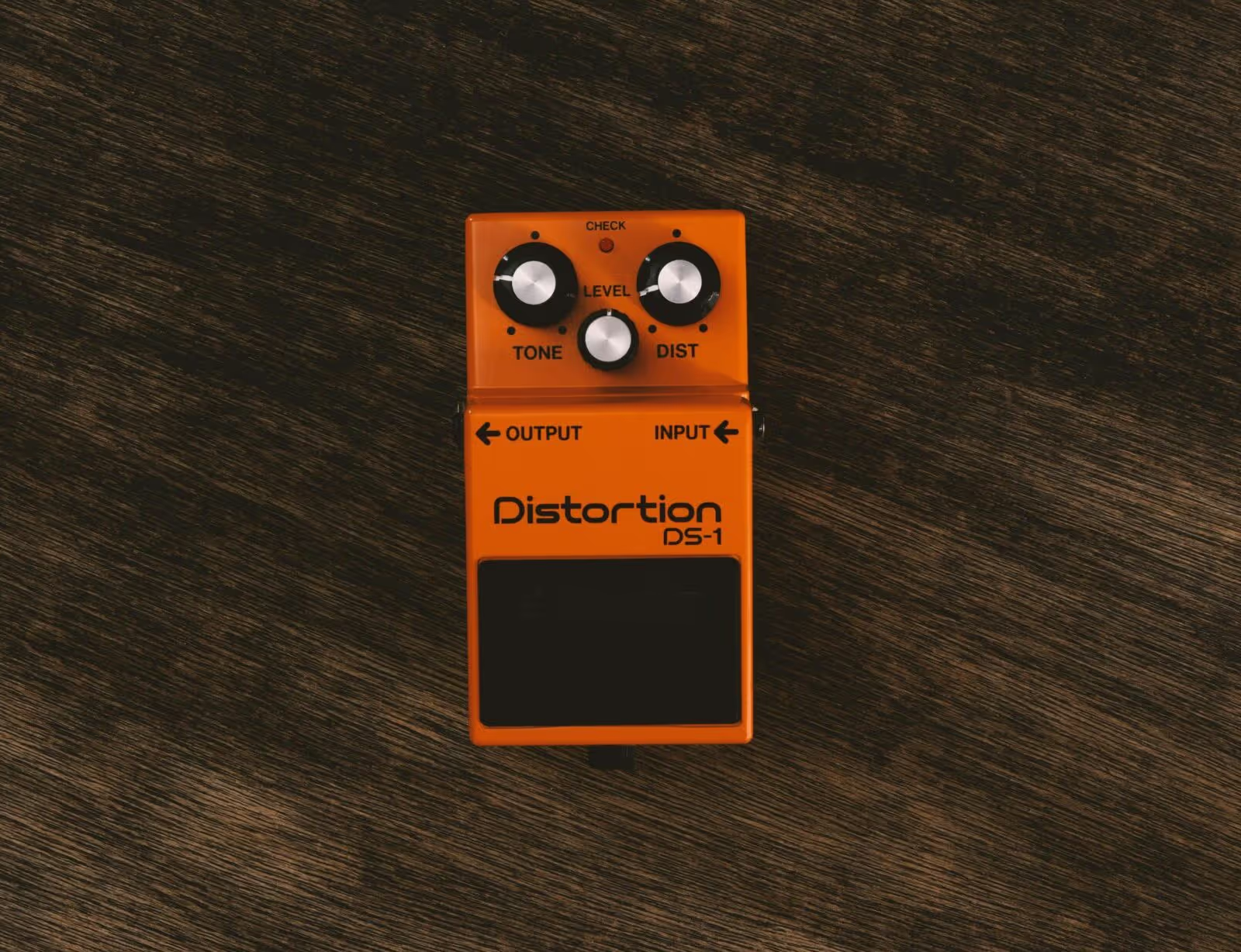
You’re looking for the best acoustic guitar to start learning how to play.
Let’s compare our 5 best picks for beginners and why we like them.

Famous TC Electronic players: Simon McBride, Mateus Asato


Famous Boss players: Dave Grohl, Jack White, John Frusciante




Famous Peterson players: Tyler Joseph


Famous Peterson players: Tyler Joseph

What types of guitar tuners are there?
Guitar tuners come in three main types: clip-on, pedal, and app-based. Clip-on tuners, like the Snark Clip-On, attach to the guitar’s headstock for easy tuning. They’re portable but might be sensitive to background noise. Pedal tuners, such as the Boss TU-3, sit on pedalboards along with your other effects like distortion pedals. They’re great for live performances but can be bulky. App-based tuners, like GuitarTuna, use mobile apps for tuning. They’re convenient but will drain battery life. Each type has pros and cons, so choosing depends on personal preference and usage needs. Clip-ons suit casual players, pedals are best for gigs, and apps are handy for practising at home.
What type of guitar tuner is most accurate?
When it comes to guitar tuners, the most accurate type is the strobe tuner. Strobe tuners use advanced technology to provide unparalleled precision in tuning. They work by displaying a rotating strobe pattern that slows down as your string corrects pitch. They give visual feedback so you can tune to perfection. This makes them reliable for professional musicians or perfectionists who demand precise tuning. Strobe tuners can be more expensive than other tuners and they will have a steeper learning curve. Their accuracy depends on external factors such as ambient noises, so they need a stable environment. Despite these drawbacks, the superior accuracy of strobe tuners is preferred by certain guitarists.
Chromatic vs strobe tuning
Chromatic and strobe tuning are two common methods used to tune guitars, each with its own pros and cons. Chromatic tuning detects the pitch of each string and displays it on a digital screen. It’s versatile and works for any tuning, but it may lack precision.
Strobe tuning uses a rotating strobe pattern to visually indicate pitch accuracy. It’s highly precise but can be more complicated to use. Chromatic tuning is faster and more straightforward, while strobe tuning offers unparalleled accuracy. However, strobe tuners can be more expensive and may require some practice to master. Both methods have their place, so choose based on what you value out of speed vs precision.
Pedal vs clip-on vs microphone tuners
When it comes to guitar tuners, there are three main types: pedal, clip-on, and microphone. Pedal tuners, like the Boss TU-3, sit on your pedalboard and are hands-free. They’re great for gigs, but they can be bulky and expensive. They fit into your pedalboard along with your multi effects pedals and any others in your collection.
Clip-on tuners, such as the Snark Clip-On, attach to your guitar’s headstock for easy tuning on the go. They’re portable and convenient, but they might be less accurate in noisy environments.
Microphone tuners, like the D’Addario Micro Tuner, use built-in microphones to detect pitch. They work well for acoustic guitars, but they can be skewed with background noise.
What are sweetened tunings?
Sweetened tunings are alternate tuning systems designed to improve guitar string harmony. Adjusting the pitch of some strings from their standard tuning to compensate for tuning limitations. The goal is to improve the instrument’s intonation across fret positions. For example; the Buzz Feiten Tuning System (BFTS) utilizes a unique nut and saddle design along with specific offset tuning. To create more accurate intervals and reduce dissonance. Sweetened tuning means cleaner chords, smoother slides, and more tonal balance. But may need adjustments to playing techniques and chord voicings. An additional learning curve for guitarists accustomed to standard tuning.
Is true bypass important for a guitar tuner?
True bypass isn’t crucial for a guitar tuner. While some pedals benefit from bypassing to preserve the sound, tuners don’t impact tone. Buffered bypass maintains signal strength and clarity. Especially useful for long cable runs or multiple instruments.
True bypass can introduce signal loss and impedance issues, potentially affecting tuning accuracy. True bypass adds extra circuitry, increasing cost and complexity without really having benefits. When selecting a tuner, prioritize factors like accuracy and ease of use over true bypass.
Do professional guitarists use tuners?
Yes, professional guitarists use tuners. Tuners are essential so each string on their guitars is tuned accurately. Guitarists get precise tuning quickly when performing on stage or recording. Tuners also help maintain consistency in tuning across different venues and environments. This ensures that the guitarist’s instrument sounds consistent and in tune no matter where they play. A lot of the best guitar amps now are starting to including tuners but they are unlikely to offer the same accuracy as those listed above.
While experienced guitarists may be able to tune their guitars by ear – using a tuner is quicker and certainly easier in a live gig setting. Especially during soundchecks and rehearsals, where time is limited.
Is a guitar ever perfectly in tune?
Getting a guitar perfectly in tune is no easy feat. Most of the time, it’s close but not 100% there. Why? Because guitars react to external and internal factors. Temperature and humidity changes can affect the wood. This means even if you tune it well, it will probably change a bit later. The G string often causes the most trouble. This string sits in a spot where tuning is more sensitive.
It might sound fine alone but off when you play with other strings. Even with the best tools, getting every string perfect is hard. Your guitar might sound great to most ears, but a tiny bit off to others. So, a guitar can be really well-tuned, but hitting perfection is rare. Still, with practice, you can get it sounding great, and that’s what counts.
Why is tuning a guitar so hard?
Tuning a guitar can be hard due to various factors. Environmental changes affect string tension, causing them to go out of tune. Tuning pegs may stick or slip, hindering accurate adjustments. Human ears need to be familiar with detecting the correct pitch, complicating manual tuning. Electronic tuners offer visual help, easing the process. With practice and the right tools, tuning becomes easier. Check out our simple online acoustic guitar tuner if you need a quick solution. Or our online electric guitar tuner for electrics.






